SP-1200 Alternatives for Sample-based Beatmaking
Create a classic sampler sound in your own way.
We’re looking at SP-1200 Alternatives for classic sample-based music production like Daft Punk, The Prodigy, Wu-Tang Clan, DJ Premier, and A Tribe Called Quest.
In this Article:
The E-mu SP-1200 is an 8-voice 12-bit 26040 kHz sampler with 10 seconds of sample time that rose to popularity in the late 1980s. Like the famous Emulator II keyboard, the SP-1200 combined lo-fi sampling with an analogue filter section, which produced a unique sound.
In the case of the SP-1200, the SSM2044 analogue filter used was similar to that of the KORG PolySix, Octave Plateau Voyetra 8, and the PPG Wave. However, it did not have a resonance control like these aforementioned iconic synths.
The SP-1200’s sound became the reason it gained a cult-like following among hip-hop and electronic music producers. Moreover, when combined with the AKAI S950 sampler from the same era, it provided a unique workflow for those sampling from vinyl.
SP-1200 Alternatives
In the current vintage gear collector’s market, getting hold of an original SP-1200 will probably set you back around $6000. But one has to ask, do you really have to spend that kind of money just to get a similar punchy, warm, lo-fi drum sound?
As we are firmly in the post-production era of music, there are many ways to affect and manipulate digital audio that simply weren’t possible in the golden age of Hip-Hop or the early days of the warehouse rave movement.
Does this mean artists are more creative? Nope, but it makes certain aspects of the process like the fight for longer sampling time completely redundant. Let’s check out a few ways that you can take a similar creative and sonic approach to the iconic SP-1200 users:
SP-1200 Alternatives: TAL-Drum
From Ableton and FL Studio to Reason and Logic Pro, most DAW systems come with excellent sampler plug-ins. With a combination of a bit reduction plug-in and an analogue-style low-pass filter, you can give your sounds more grit and character.
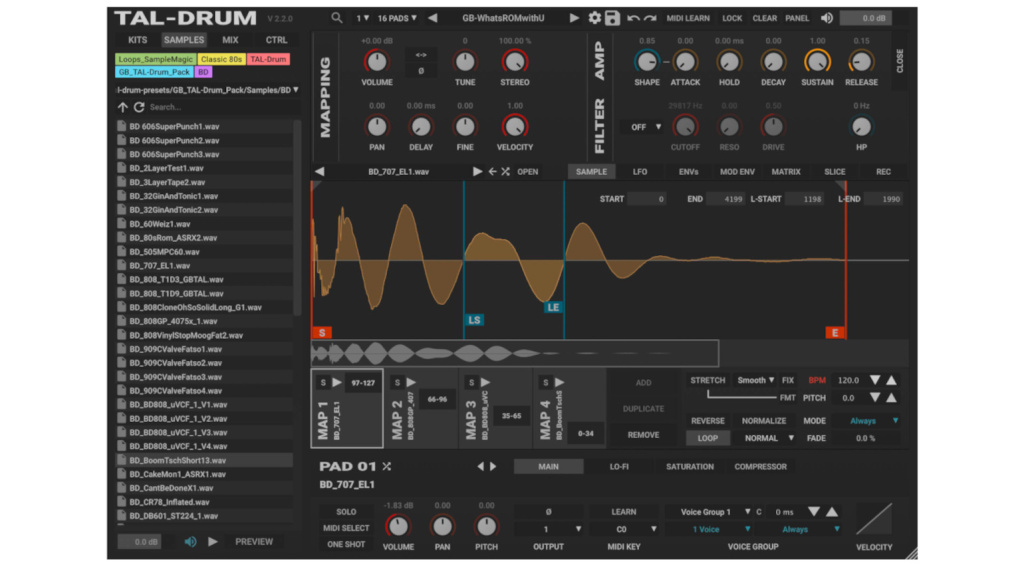
That being said, if you want a plug-in that’s inspired by 1980s samplers like the SP-1200, the TAL-Drum provides a complete platform for modeling that old-school one-shot sampler style in one plug-in.
One of its most interesting features is the LO-FI section, with variable sample rate and bit depth, as well as Compand, Jitter, and Hiss controls to add that extra layer of authenticity.
- Official Product Page
- More from TAL
SP-1200 Alternatives: Sonicware LIVEN Lo-Fi 12
The LIVEN Lo-Fi 12 is a 4-track sample sequencer with plenty of sound manipulation options as well as aspects that compare and contrast with the classic SP-1200.
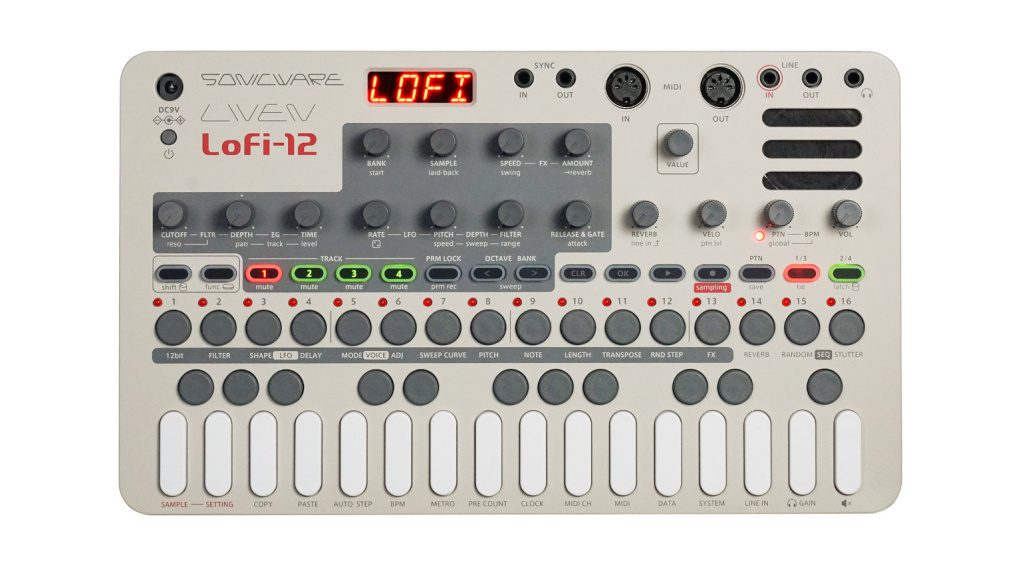
You can operate in 16 or 12-bit mode, and run at either 12 or 24-kHz sample rates. The major difference is that the sequencer allows not only chromatic mode, but also per-step sample triggering. Overall, this opens up the creative scope of the Lo-Fi 12 considerably.
On each track, there are 11 effects you can use, including delay, chorus, tremolo, flanger, bit crusher, compressor, HP and LP filters, tilt EQ, and isolator. Meanwhile, there are eight master effects such as reverb, arena, tunnel, room, and plate, as well as cassette and vinyl simulator effects.
- More from Sonicware

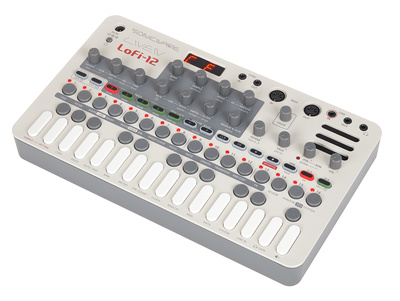
SP-1200 Alternatives: Roland SP-404 MKII
Although it’s a completely different animal to the SP-1200 in many ways, it would be impossible to mention lo-fi sample-based beatmaking without inviting the Roland SP-404 to the party.
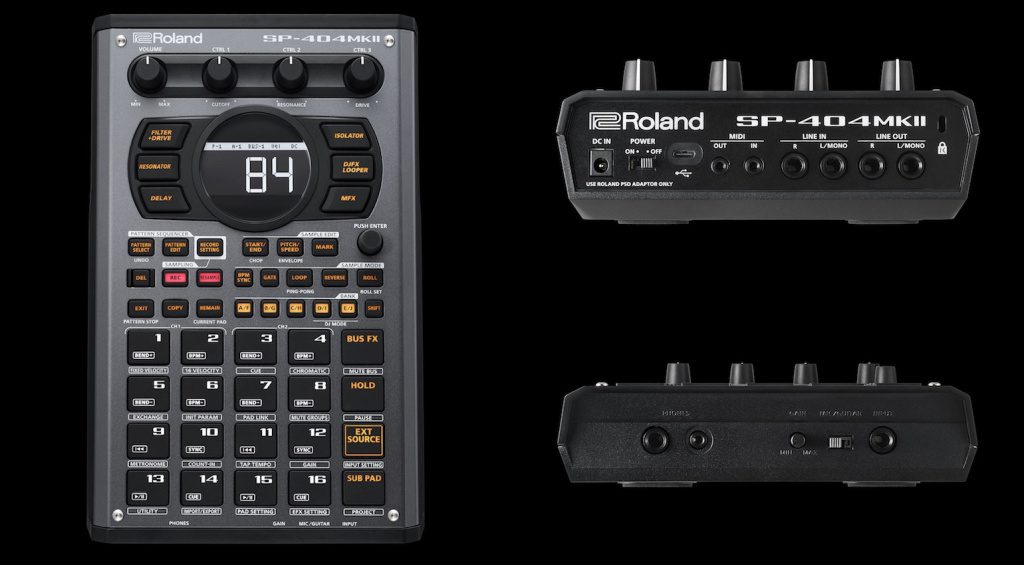
It’s portable, for starters, and the classic pad grid makes it an exciting creative tool for loop creation. Moreover, its wealth of effects allows you to achieve an impressive level of depth and texture without additional processing.
Its sequencer might not be the most intelligent beast, but once you’ve tamed it, you can create patterns with relative ease. What’s more, with 16 GB of internal storage and an SD card slot you’ll always have room to expand your sample library.

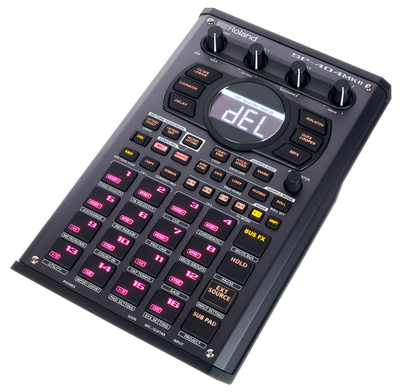

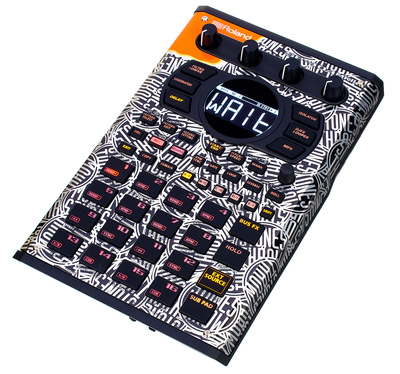
SP-1200 Alternatives: Elektron Octatrack MKII
It doesn’t have a truckload of tasty onboard effects, and you’ll quickly develop a love/hate relationship with its interface. However, the Octatrack MKII is still an incredible creative instrument with features that no other sampler or drum machine has.
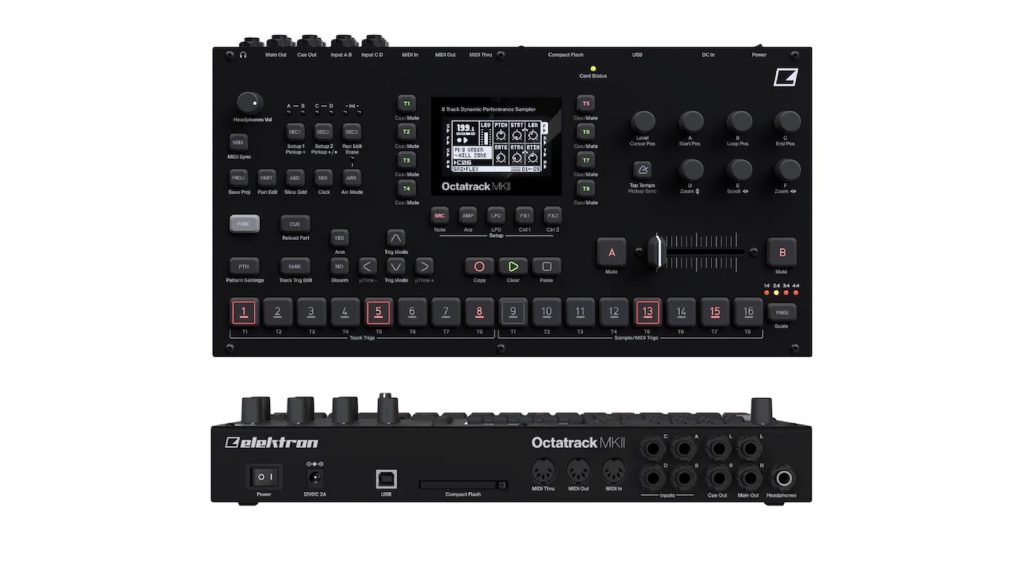
As a sampler, its slicing and time-stretching features are impressive, and you can create custom workflows for both creating beats and performing live. When combined with its powerful sequencer, the Octatrack can easily become the focal point of your studio or stage setup.
Its ability to route audio or MIDI provides a platform for different styles of music, and the crossfader tool is an amazing piece of design that encourages you to work in a performance-orientated fashion.
- More about Elektron

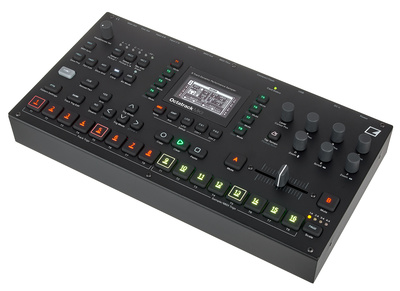
SP-1200 Alternatives: ISLA Instruments S2400
When you have to have the authentic SP-1200 experience, the ISLA Instruments S2400 has the same fader-focussed interface. Furthermore, it’s got a range of features to replicate or even improve on the classic sampler design.
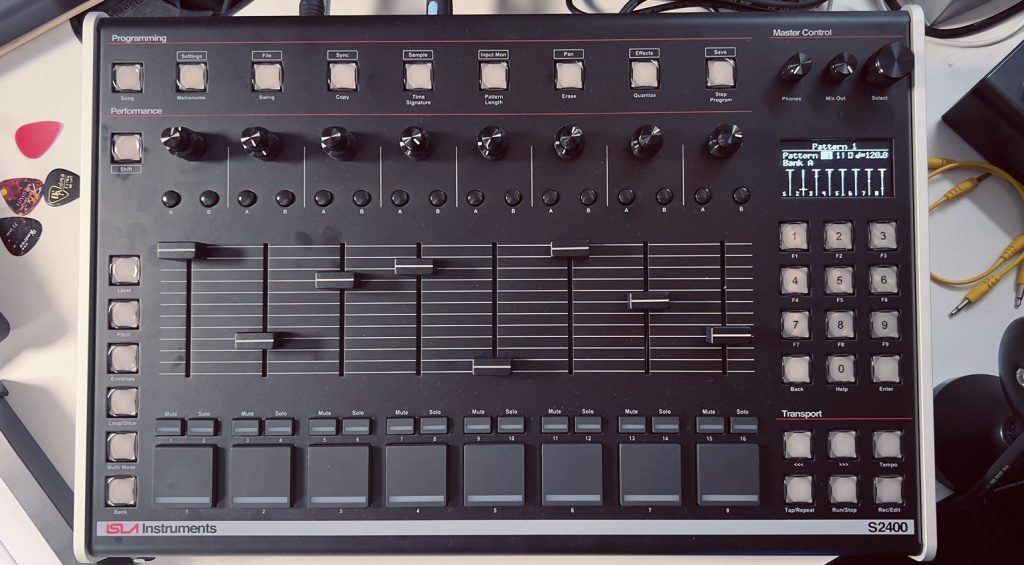
The S2400 sampling engine provides a Classic mono 12-bit 26Khz mode and a Hi-Fi 16-bit 48Khz sample mode that can be varied over each of the 32 sample slots.
Besides the authentic SP-1200-style anti-aliasing filters, the S2400 is also equipped with a flexible sequencer. This offers a range of triggering methods, including TR-style input, as well as 32 polyphonic audio tracks and 32 MIDI tracks for sequencing other instruments.
- More about ISLA Instruments

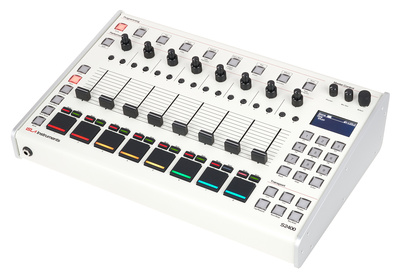

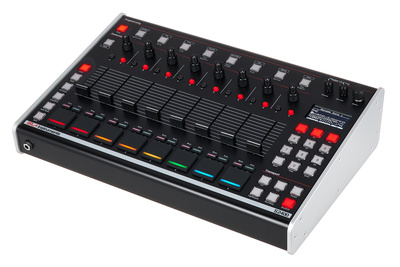
SP-1200 Alternatives: Still not impressed?
The SP-1200’s original designer Dave Rossum offers a modern reissue through his own company Rossum Electro-Music. Be warned though, that it does come with a $4000 price tag.
More about SP-1200 Alternatives:
- All about E-mu
- Rossum Electro-Music
- More about Samplers
*Note: This article about SP-1200 Alternatives contains promotional links that help us fund our site. Don’t worry: the price for you always stays the same! If you buy something through these links, we will receive a small commission. Thank you for your support!
4 responses to “SP-1200 Alternatives for Sample-based Beatmaking”


 4,2 / 5,0 |
4,2 / 5,0 | 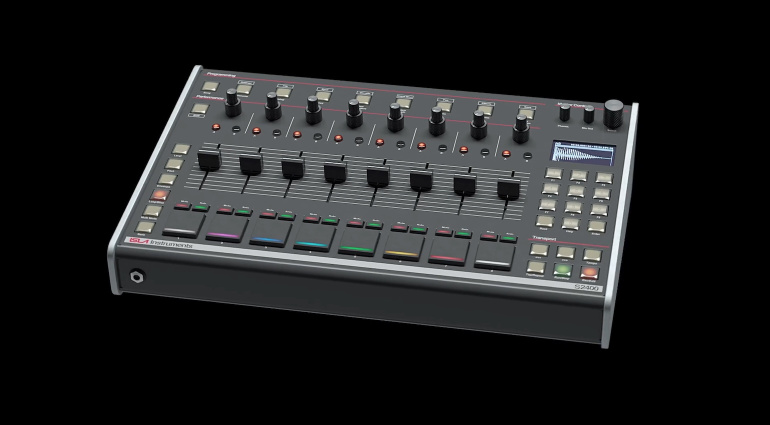

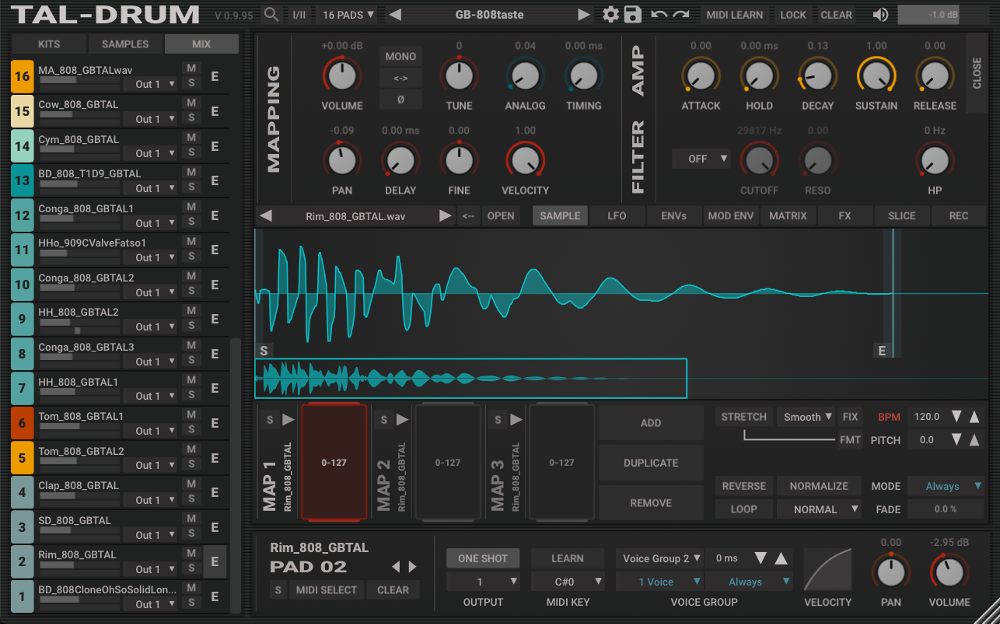

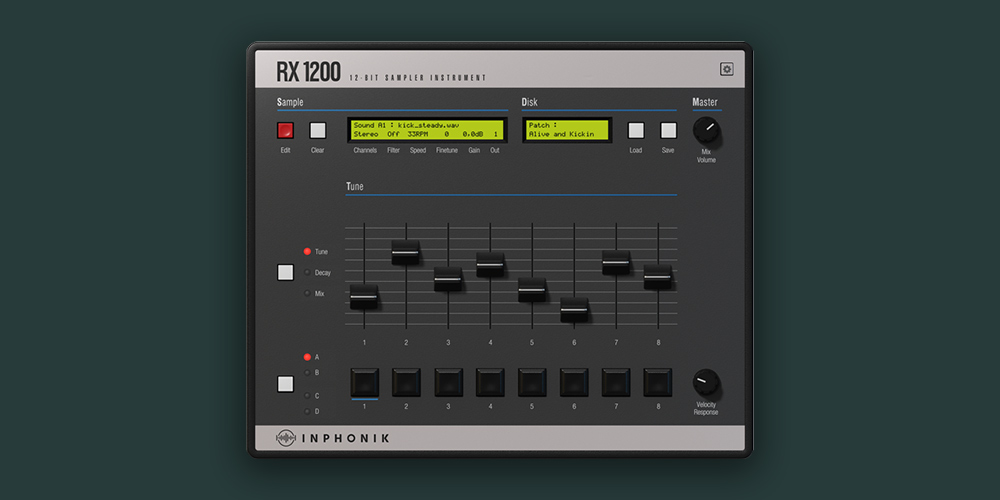

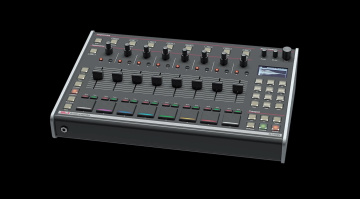

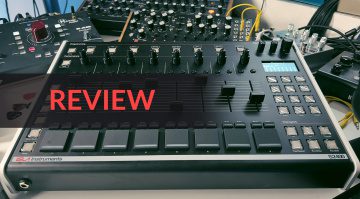
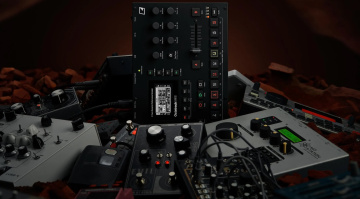
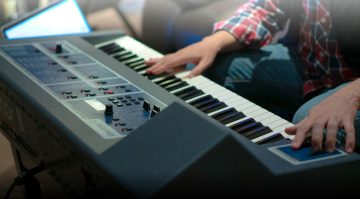
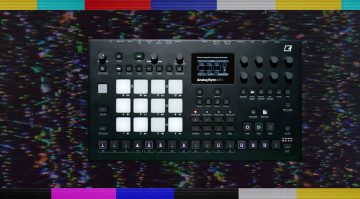

How did you guys miss the RX1200 by Inphonik? Arguably, the best bang for the buck for the emulation.
Absolutely!! I’m blown away by the RX1200. Sounds extremely close to the real thing when you take a sample, speed it up and then pitch it down. 10/10
that speeding up the sample and then pitching it, is what i think all of the other options are missing, unless i just didn’t see that feature set. THAT was the game changer for me.
Agree with others here. RX1200 is currently the best VST emulation. it’s price point makes it a no brainer. If you want even more lofi spice, also check out Amigo Sampler. Super cheap and authentic Amiga samplong engine with some great chopping and time stretch functions.